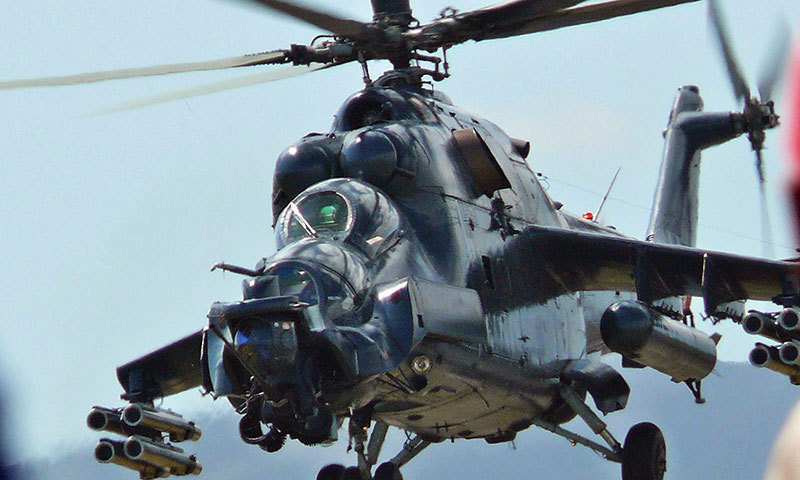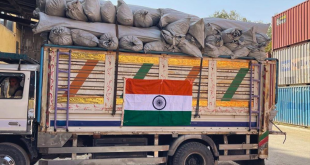Last year insecurity increased manifold. Several terror attacks were reported in 2015 which killed and crippled hundreds of innocent people. Civilians remained the worst victims of the ongoing war with no end in sight. The Taliban and other fanatic groups regained strength and brought changes in their military strategy. They launched large-scale attacks to test nerves of the National Unity Government (NUG). Earlier, the militants were attacking posts so they could escape. But now, they are visible. They are seen walking freely with heavy and light weapons in 10 out of 14 districts in Helmand province. Situation in Baghlan, Kunduz, Nangarhar and other provinces is not much different.
The militants had succeeded in their tactics and are reaping the benefits of it—at least to most extent—because the attacks had caused panic in the power corridors. The effects are visible and felt as the country is still deprived of the parliament approved defense and interior ministers. The leadership vacuum further exacerbated the security situation. Some of police officers joined hands with the militants due to eroding trust over the leadership or the government. Arrest of 30 policemen including the district police chief of Sangin is just one example in this regard. The insider attacks, including the one carried out in Kandahar on Tuesday, are adding to the injury.
Reassessment of number of troops by the US is welcoming at this critical point. According to the US chairman of the Joint Chiefs of Staff, Gen. Joseph Dunford, the Pentagon is going to review the troop levels in Afghanistan in the coming year. The top American military general acknowledges that Afghanistan National Security Forces (ANSF) needed more assistance last year than expected. The US and its NATO allies in 2013 were of the view that security situation would be better after they end the combat mission in Afghanistan. However, they were proved wrong. The US assessment in 2013 was based on “a ministerial capacity” and capabilities of the ANSF.
Increase in desertion cases and militant attacks have compelled the US generals to review the Afghan mission in terms of troop levels and assistance. No doubt that Afghanistan needs military assistance direly because the resources received by the NUG are exhausted. This is the reason that the Afghan leaders had not only urged Washington and Moscow for military aid but on Monday they also asked Beijing for assistance.
During his visit to Kabul, The chief of the General Staff of the China’s People Liberation Army, Gen. Fang Fenghui, was asked by Afghan authorities for military assistance. The Chinese general pledged to provide $72 million in military aid to the country. Recently, Moscow donated 10,000 AK-47 assault rifles to Afghan government to support it against militants. India also played its role in this regard by providing four helicopters to Afghan Air Force. As the sincere neighboring countries are coming to the aid of Afghanistan, the US should also provide military assistance to ANSF rather than only increasing number of troops.
 Afghanistan Times Latest News and Analysis from Afghanistan and the Region
Afghanistan Times Latest News and Analysis from Afghanistan and the Region



